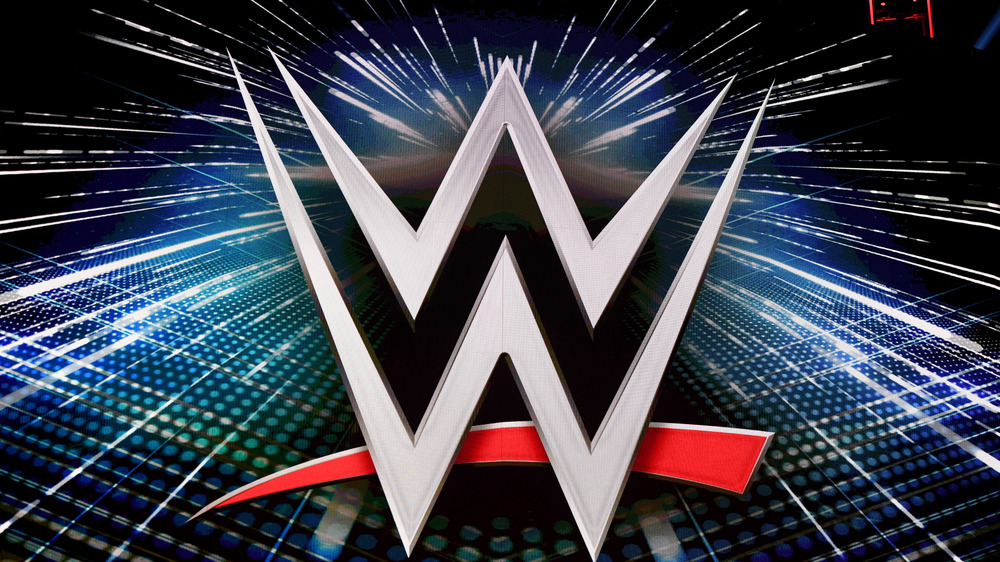The Tragic Death Of Andrew Martin
The world of professional wrestling is full of tragic tales and promising stars taken way too soon; Andrew "Test" Martin was among them. During his career with the WWF/WWE in the late 1990s and early 2000s, Martin held the European, Intercontinental and Tag Team championships. A successful singles performer, he even managed to capture the Hardcore Championship title twice. Following a serious neck injury in 2004, Martin was released from the company after undergoing spinal fusion surgery, but landed in the independent circuit in subsequent years.
In March 2006, WWE announced that Martin had verbally agreed to return to the ring. After failing to win the ECW Championship title and losing to ECW winner Bobby Lashley twice after that, Martin was released from his WWE contract in 2007. That same year, he announced that he would embark on a final tour in 2008 before retiring from professional wrestling. Although he did manage to accomplish the last-hurrah tour, Martin wouldn't get to enjoy his retirement for very long.
A hidden disease led to Andrew Martin's demise
According to the Sydney Morning Herald, Martin was acutely aware of the danger that drugs posed to professional wrestlers, even speaking publicly about his desire to avoid the curse.
"I just turned 32 years old and went to eight funerals this year. Do I want to join that club?" Martin once said in an interview.
As Fox News reported, on March 13, 2009, the former professional wrestler was found dead in his Tampa, Florida, apartment complex. He had died of an accidental overdose of painkillers. An autopsy later concluded that Martin's death was due to an accidental overdose of the opiate and pain medication oxycodone. He was 33 at the time of his death.
It was also later reported (via Bleacher Report) that Martin suffered from severe chronic traumatic encephalopathy, severe brain damage caused by repeated concussions and sub-concussive head injuries. According to ALZ.org, symptoms of CTE typically don't appear until years after the initial injuries, with patients reporting behavioral problems, mood problems and issues with thinking. Another wrestler with that kind of severe brain damage was fellow Canadian WWE star Chris Benoit, who killed himself and his family in 2007.

